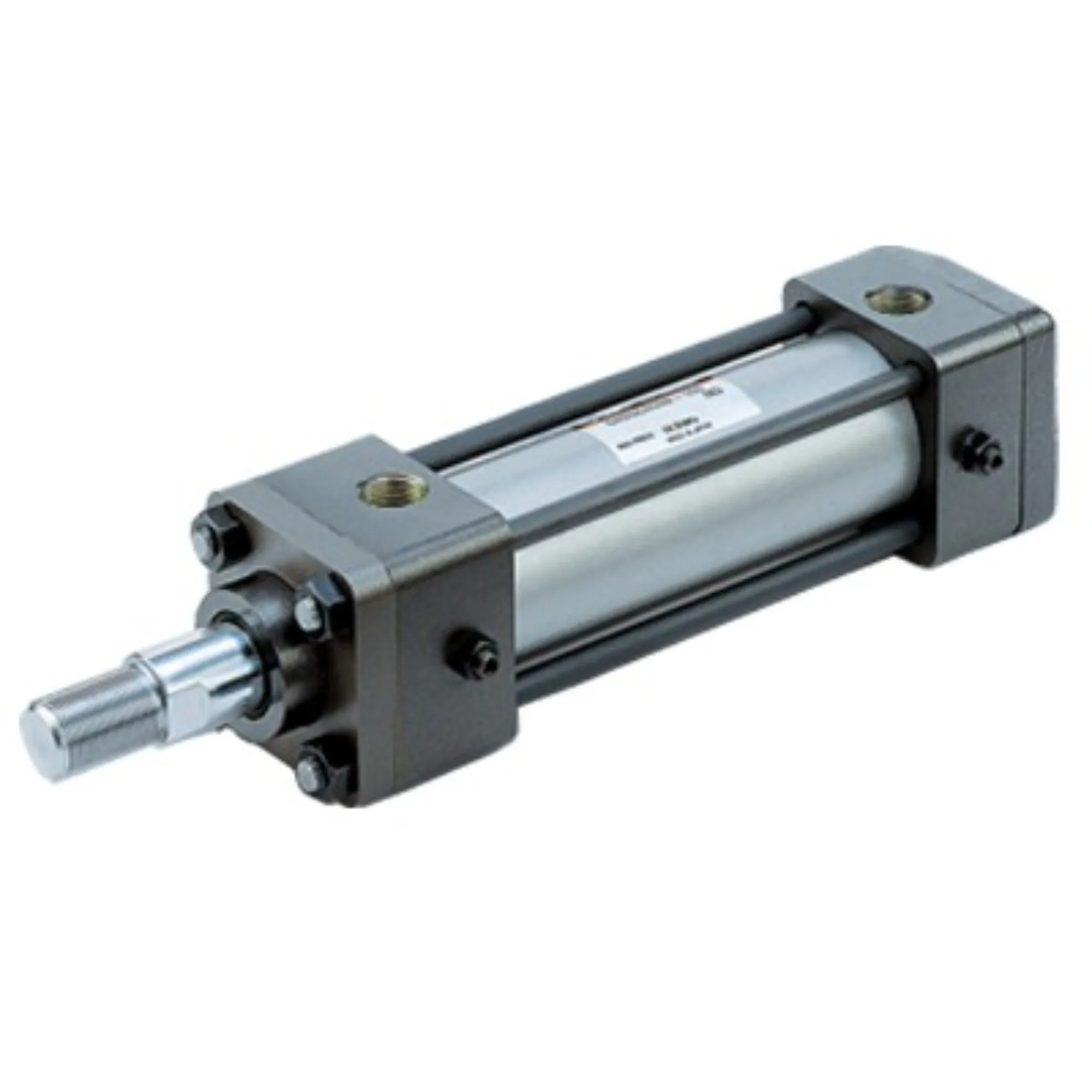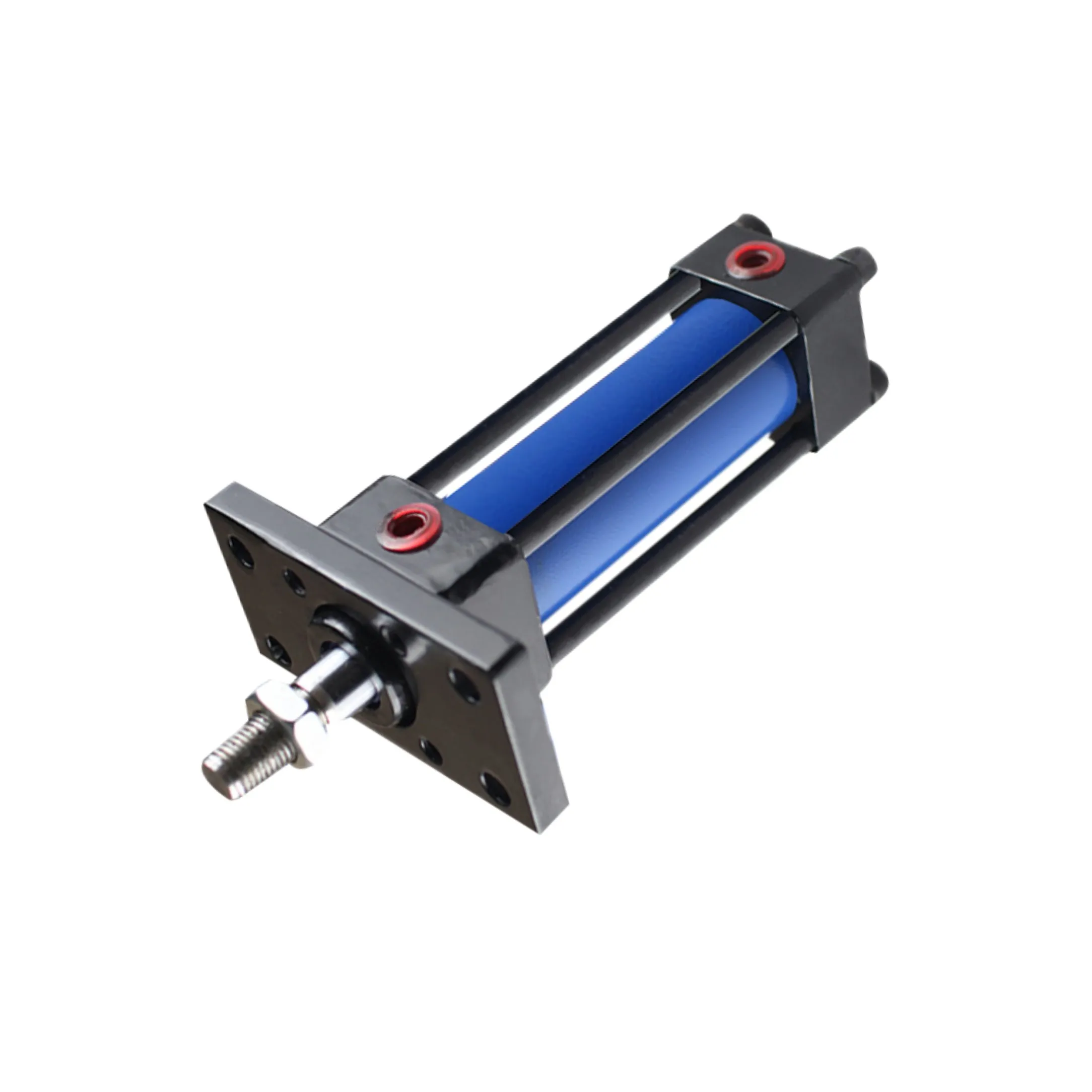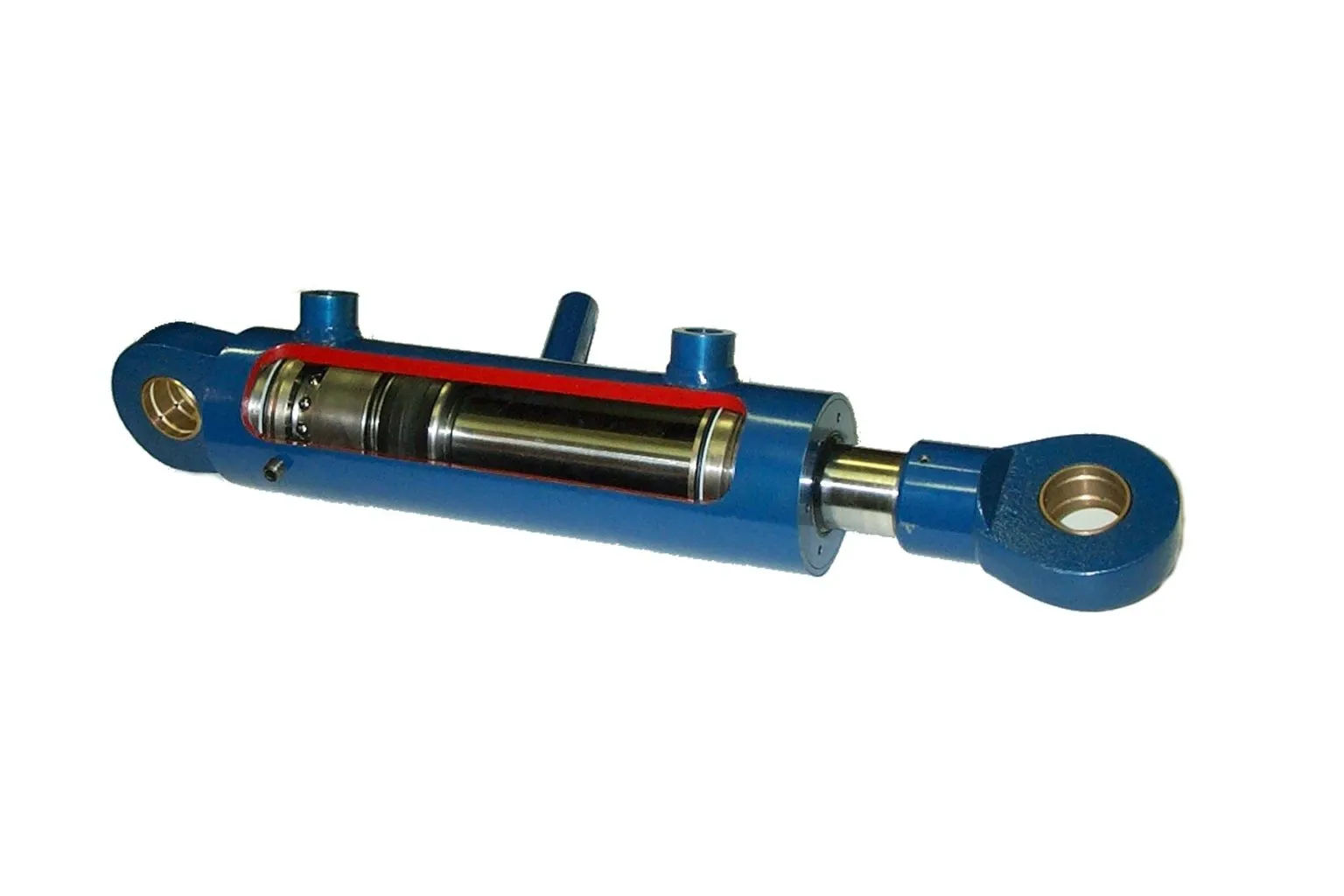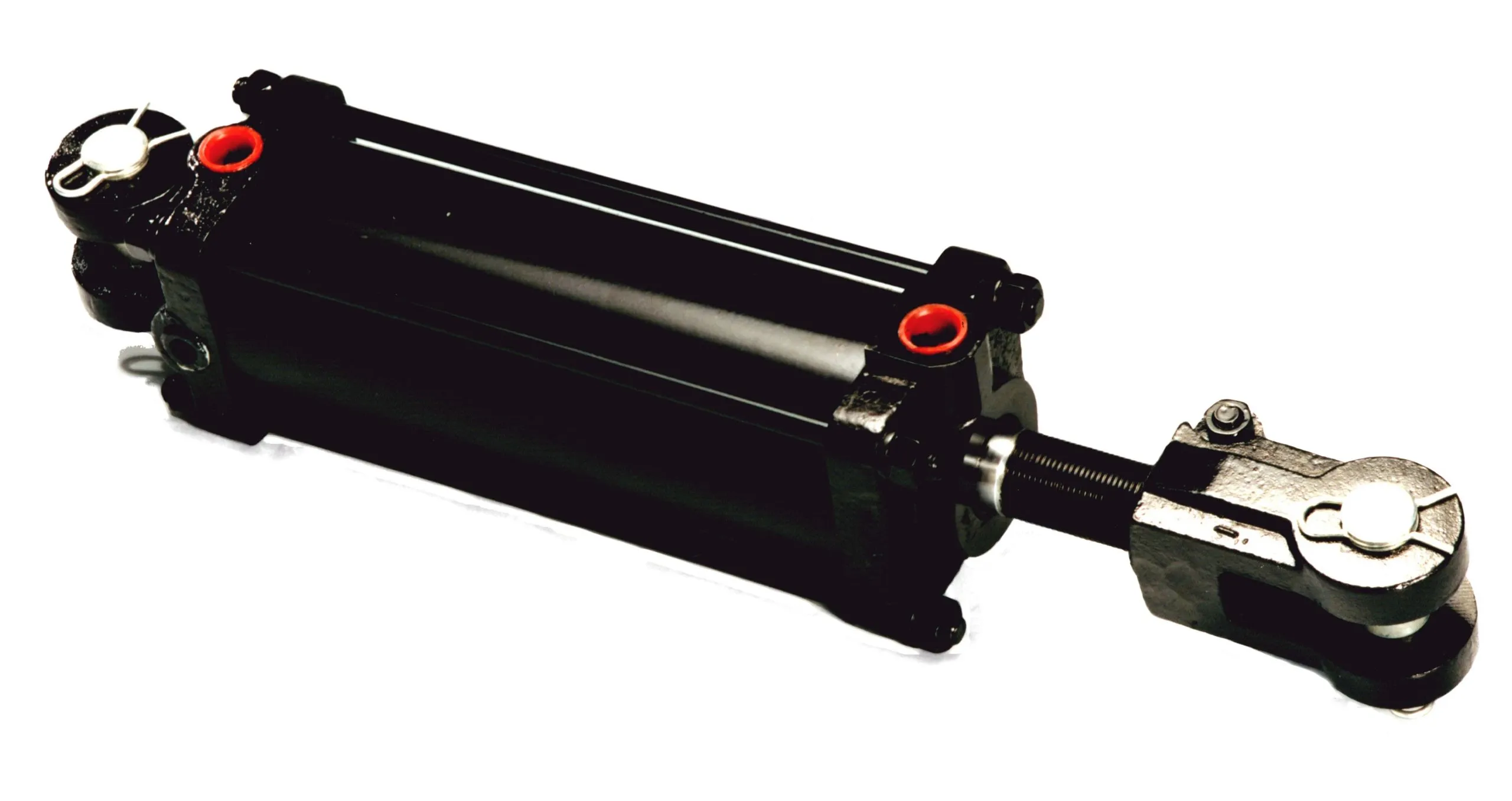Steel Hydraulic Cylinders for Robotic and Automated Manufacturing
Introduction
Steel hydraulic cylinders play a vital role in the operation of hydraulic systems, especially in robotic and automated manufacturing environments. These cylinders are designed to provide the necessary force and precision for a wide range of applications, from material handling to heavy-duty machinery. In this article, we will delve into the key aspects of steel hydraulic cylinders, including their design, construction, working principle, types, advantages, performance characteristics, applications, maintenance, and more.
Design and Construction
Welded Process Description
Steel hydraulic cylinders are commonly constructed using various welding processes such as MIG, TIG, SAW, and laser welding. Each welding process has its unique impact on the final product, influencing factors like strength, durability, and overall quality.
Material Description
Various types of steel are utilized in the construction of hydraulic cylinders, including carbon steel, alloy steel, stainless steel, and more. The choice of material affects the performance and longevity of the cylinder, making it crucial to select the right steel for the specific application.
Working Principle
The working principle of steel hydraulic cylinders involves the transfer of force through a liquid medium, resulting in piston movement to perform the required workload. The sealing system ensures efficient operation by containing the hydraulic fluid under pressure and preventing leaks.
Types and Configurations
Steel hydraulic cylinders come in various types and configurations, including single-acting, double-acting, and telescopic cylinders. Each type is designed to suit different applications and requirements, offering versatility and performance.
Advantages
Steel hydraulic cylinders offer several advantages, including exceptional strength, durability, cost-effectiveness, corrosion resistance, thermal conductivity, processing performance, and environmental friendliness. These features make them ideal for demanding industrial applications.
Performance Characteristics
The performance characteristics of steel hydraulic cylinders include working pressure range, rated force output, durability, life expectancy, maintenance requirements, and repair guidelines. Understanding these aspects is essential for maximizing the efficiency and longevity of the cylinders.
Applications
Steel hydraulic cylinders are widely used in industries such as construction equipment, industrial machinery, agricultural equipment, material handling, military and defense vehicles, aerospace, marine applications, and more. Their versatility and reliability make them indispensable in various machinery and equipment.
Design Considerations and Selection Criteria
When selecting steel hydraulic cylinders, it is crucial to consider factors like bearing capacity, sealing, durability, safety, and maintainability. These design considerations ensure optimal performance and longevity in demanding manufacturing environments.
Sealing and Lubrication
Proper sealing and lubrication are essential for the efficient operation of steel hydraulic cylinders. Using high-quality seals and lubricants, along with regular maintenance, helps prevent wear and prolong the service life of the cylinders.

Maintenance and Repair

Regular inspection and preventive maintenance are key to ensuring the optimal performance of steel hydraulic cylinders. Proper maintenance tasks, such as inspection, lubrication, seal replacement, and calibration, help minimize downtime and extend the life of the cylinders.
Installation Guide
Correct installation of steel hydraulic cylinders is crucial for their performance and safety. Following the manufacturer’s guidelines and best practices ensures proper functioning and longevity of the cylinders in automated manufacturing systems.
Safety Considerations
Ensuring safety measures when using steel hydraulic cylinders is paramount to prevent accidents and injuries in the workplace. Adhering to safety guidelines and regulations helps maintain a secure working environment for operators and equipment.

Fault Diagnosis and Common Problems
Identifying and addressing common issues with steel hydraulic cylinders is essential for maintaining operational efficiency. By diagnosing faults and implementing solutions promptly, downtime and costly repairs can be minimized in automated manufacturing systems.
FAQs
1. What welded processes are typically used for steel hydraulic cylinders?
2. How do steel welded cylinders compare to aluminum welded cylinders in terms of weight and strength?
3. What are some common applications for steel welded hydraulic cylinders in different industries?
4. What are some factors to consider when choosing the right steel grade for a hydraulic cylinder application?
Long Tail Keywords
1. High-Strength Steel Hydraulic Cylinders
2. Precision Steel Welded Cylinders
3. Durable Hydraulic Cylinders for Manufacturing
Our Company
As a leading hydraulic cylinder replacement manufacturer, our company offers a comprehensive product line tailored to meet the needs of robotic and automated manufacturing industries. With professional expertise, international certification, customized services, state-of-the-art production equipment, and exceptional after-sales support, we strive to deliver top-quality hydraulic solutions to our domestic and international clients.
Author: lyl

